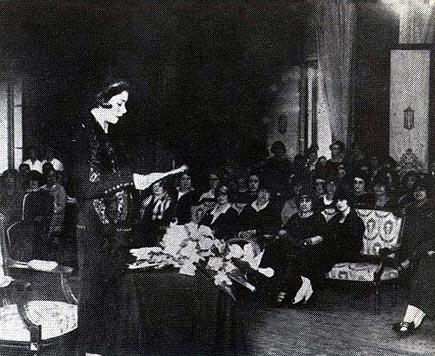Tale of a Soft Bear
You. Take a look at that lump of coal oozing, elongating and extruding through the window frame of two trees. Past the trees a clearing and it’s there the coal mulls, then morphs to the shape of a lump, a lump with paws, a lump with furry paws the dictionary calls BEAR.
Now the lump of coal emerges soft and damp, shedding a multitude of fat ants, casting them into paw prints harmoniously lining up along the path. That is to say the coal aims a bear paw at pine needles, rends the flat ground and leaves the trace of a tattered slipper and births a multitude of rounded anthills reeking of coal. Thus on each side of the path the furry paws shape — founder of symmetrical empires — goes along shedding damp, building a structure for fat ants.
Finally the sun rises and the soft bear raises a child’s stricken face to the honey gong it vainly craves. The coal begins to sniff furiously, the lump unfurls to the level where a plea buzzes and a comeback peeps, the deep resonance of the gong above, heaven’s honey on its muzzle’s tongue, in its pleasure furry paws.
Historia con un oso blando
Mira tú esa bola de coaltar que rezuma estirándose y creciendo por la juntura ventana de dos árboles. Más allá de los árboles hay un calvero y es ahí donde el coaltar medita y proyecta su ingreso a la forma bola, a la forma bola y patas, a la forma coaltar pelos patas que después el diccionario OSO.
Ahora el coaltar bola emerge húmedo y blando sacudiéndose hormiga infinitas y redondas, las va tirando en cada huella que se ordena armoniosa a medida que camina. Es decir que el coaltar proyecta una pata oso sobre las agujas de pino, hiende la tierra lisa y al soltarse marca una pantufla hecha jirones adelante y deja naciente un hormiguero múltiple y redondo, fragante de coaltar. Así a cada lado del camino, fundador de imperios simétricos, va la forma pelos patas aplicando una construcción para hormigas redondas que se sacude húmedo.
Por fin sale el sol y el oso blando alza una cara transida y pueril hacia el gongo de miel que vanamente ansía. El coaltar se pone a oler con vehemencia, la bola crece al nivel que musita un ruego y atisba la respuesta, la profunda resonancia del gongo arriba, la miel del cielo en su lengua hocico, en su alegría pelos patas.
 |
| Julio Cortázar |





